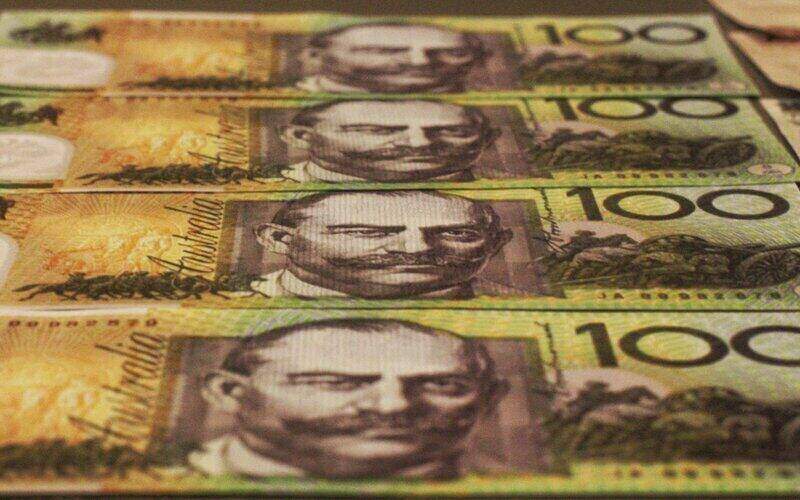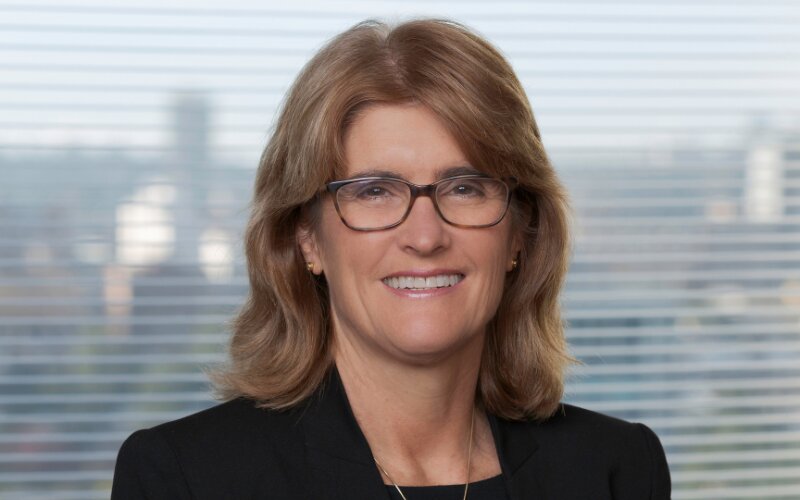The latest Reserve Bank (RBA) credit card data for December 2020 shows a 25.59% in balances accruing interest (debt) from January 2020 to December, to a final debt of $21.2 billion.
Over the coronavirus months, debt fell 23.9% - the small difference is due to a minor 0.95% increase in debt balances from November to December.
However Australians still continue to close their credit card accounts, with the number of active accounts ending the year at 13.6 million: a 7% fall from the beginning of January.
Meanwhile, spending on credit cards increased by 11% in December according to Citi's Credit Card Index, taking credit card spending back to near pre-covid levels.
According to Head of Credit Cards at Citi Australia Choong Yu Lum, Australians are experiencing a 'debt hangover' after Christmas.
"This is in line with expected spend for January, as consumers typically tighten their belt following a period of increased spending due to Christmas and school holidays,” he said.
“Many Australians were hoping for an uneventful end to 2020, and a fresh start in 2021. With lockdowns in NSW and QLD demonstrating some uncertainty is here to stay, it is pleasing that we still saw strong spend growth in December.
"While spend has dipped in January, we anticipate February spend will increase."
Overall, the number of credit card purchases increased 2% over the coronavirus months (March-December 2020) according to the RBA, implying that people continue to use them but are simply paying down their debts more.
Previous data from the likes of illion and Citi pin this on the likes of superannuation withdrawals and stimulus payments going to debt-heavy Aussies.
Debit cards may also have something to do with it, with the number of debit card purchases rising by more than 14% throughout 2020.
Buy now pay later (BNPL) services could also be having an impact, albeit a smaller one.
Based on the latest figures, Afterpay has roughly 3.4 million active customers in Australia while Zip and Humm have about 2.5 million each.
Openpay and Klarna, two smaller BNPL providers, also posted customer gains of more than 100%.
The table below displays credit cards with some of the lowest interest rates on the market, disregarding any temporary promotional offers.
Cash still being phased out?
The trend of fewer and fewer people using cash - exacerbated by COVID due to hygiene fears - continued through to the end of the year.
The number and value of cash-out transactions with debit cards plummeted by 32% and 26% respectively in 2020.
Cash advances with credit cards fell in use by 22.7% in the year also, and almost half of this (-10.52%) was from March onwards (many people stopped using cash already before lockdowns in February).
The value of these cash advances fell by 20.37% to $427 million in total.
Image via QuoteInspector.com
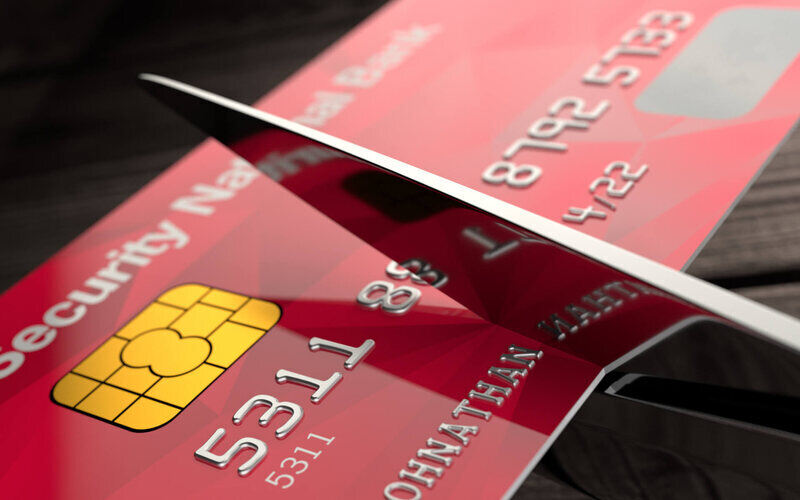

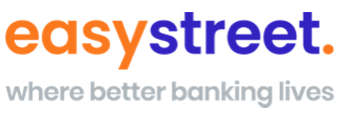
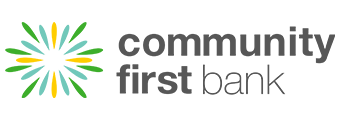
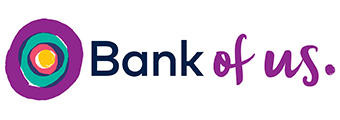

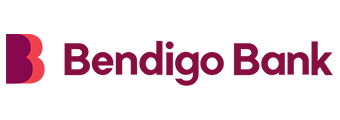


 Harrison Astbury
Harrison Astbury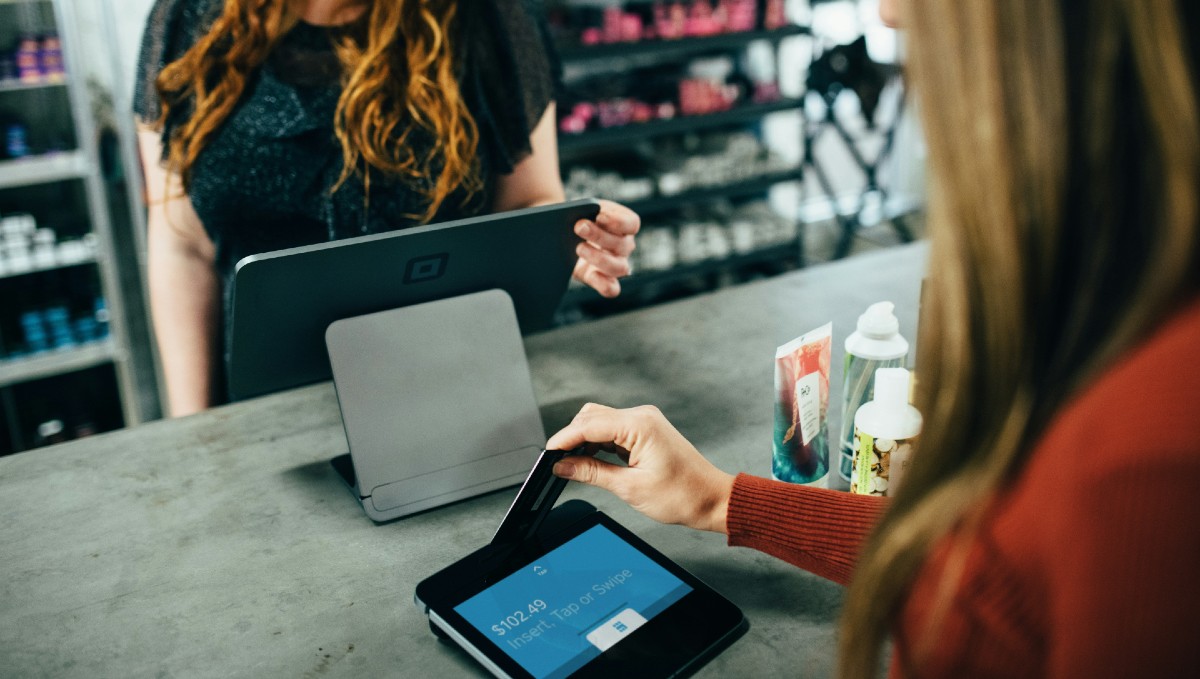
 Denise Raward
Denise Raward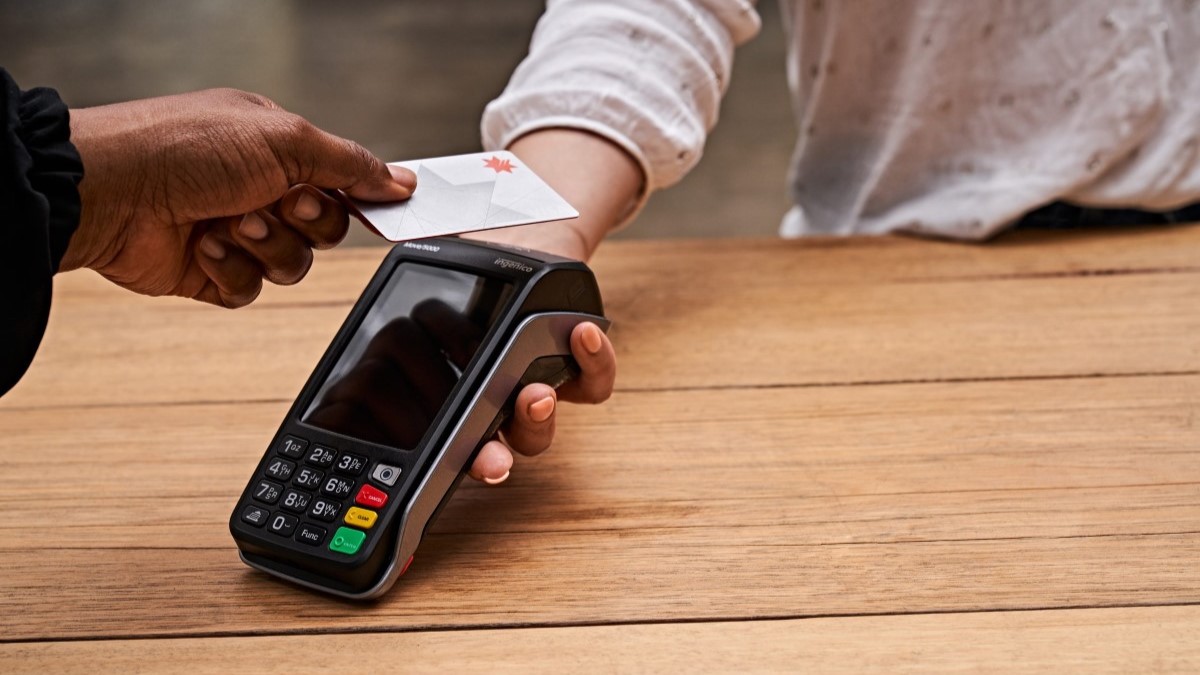
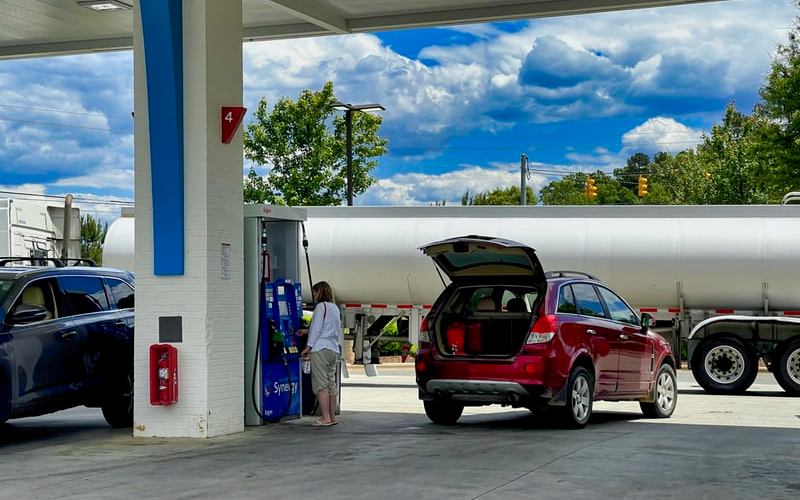

 Hanan Dervisevic
Hanan Dervisevic
